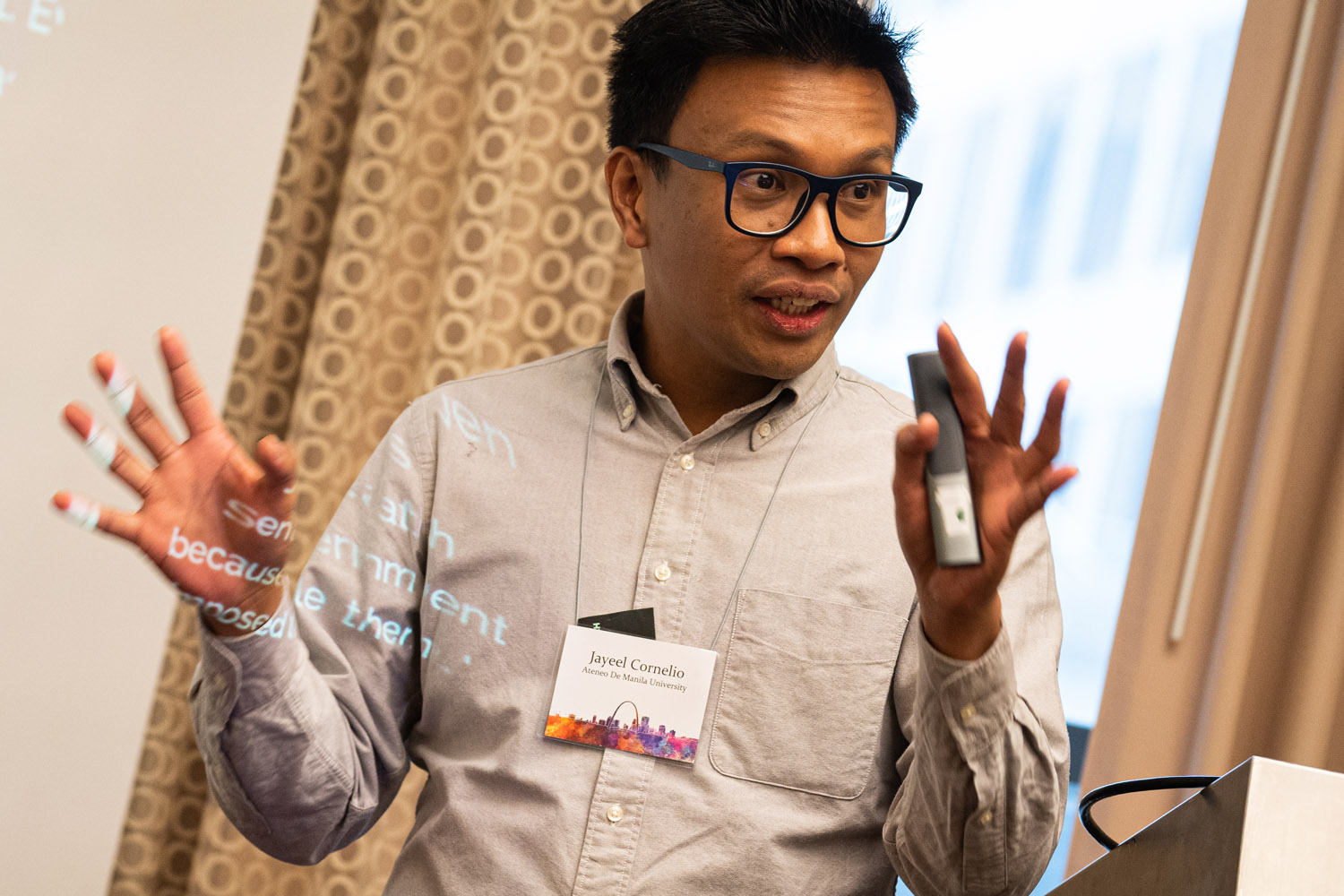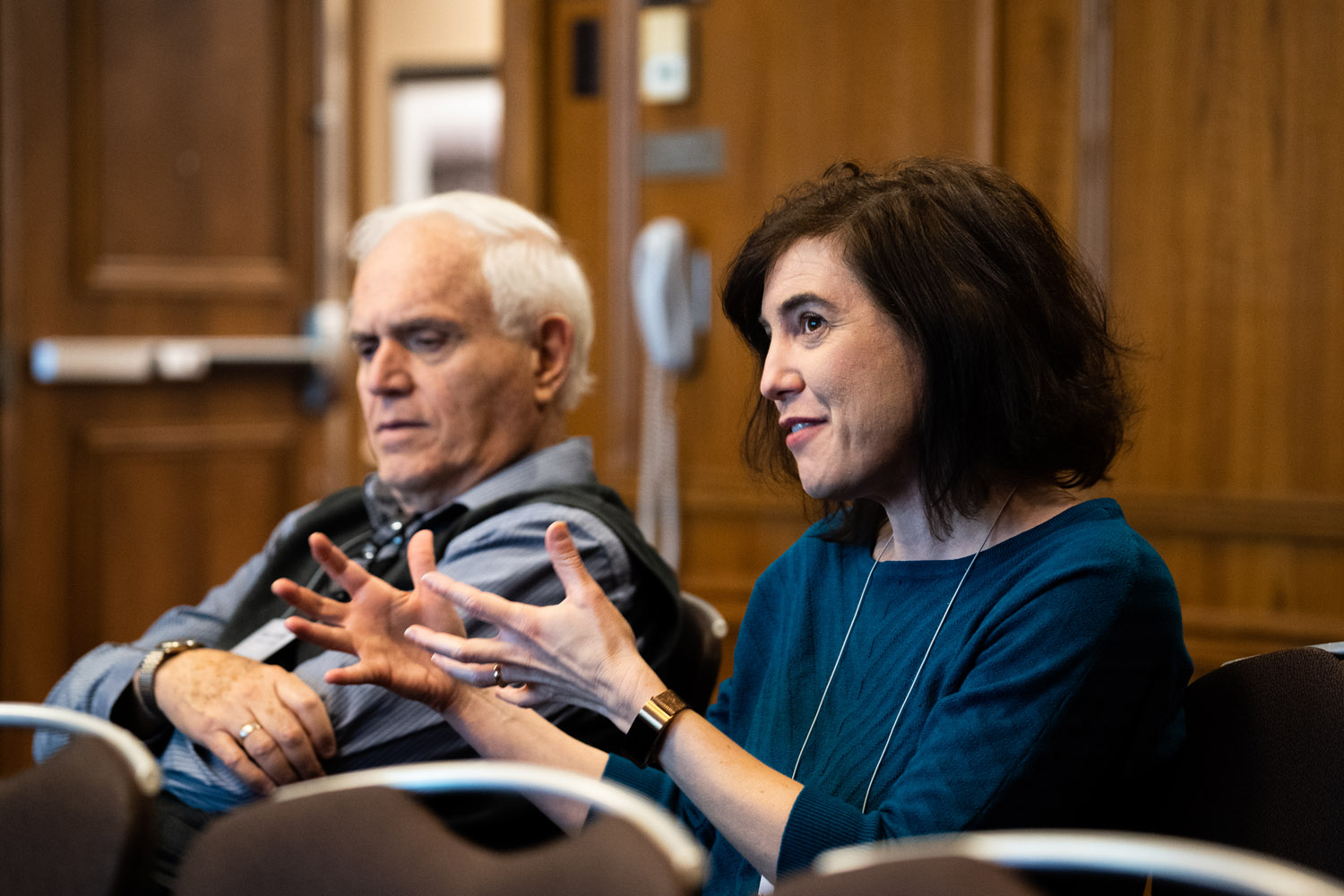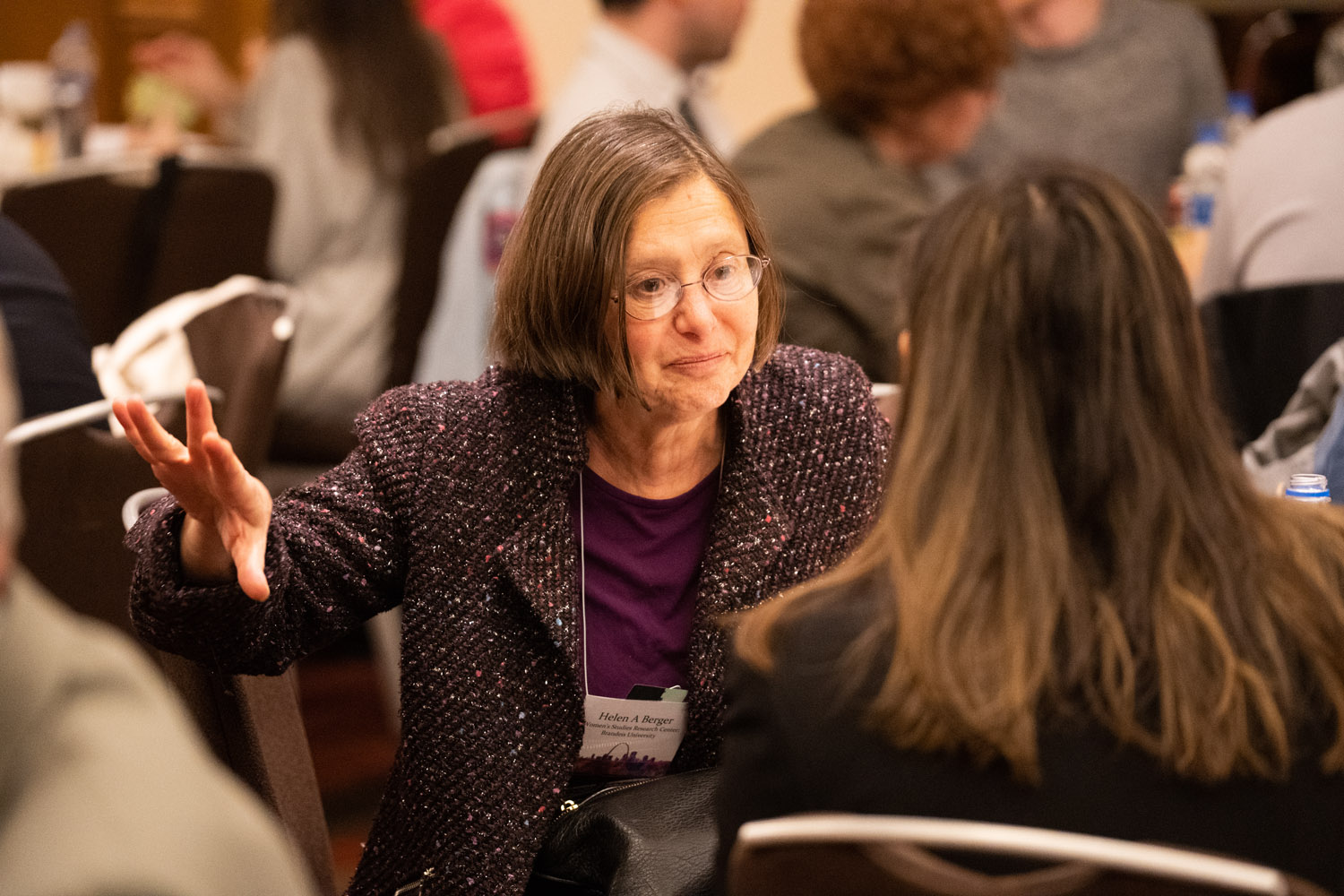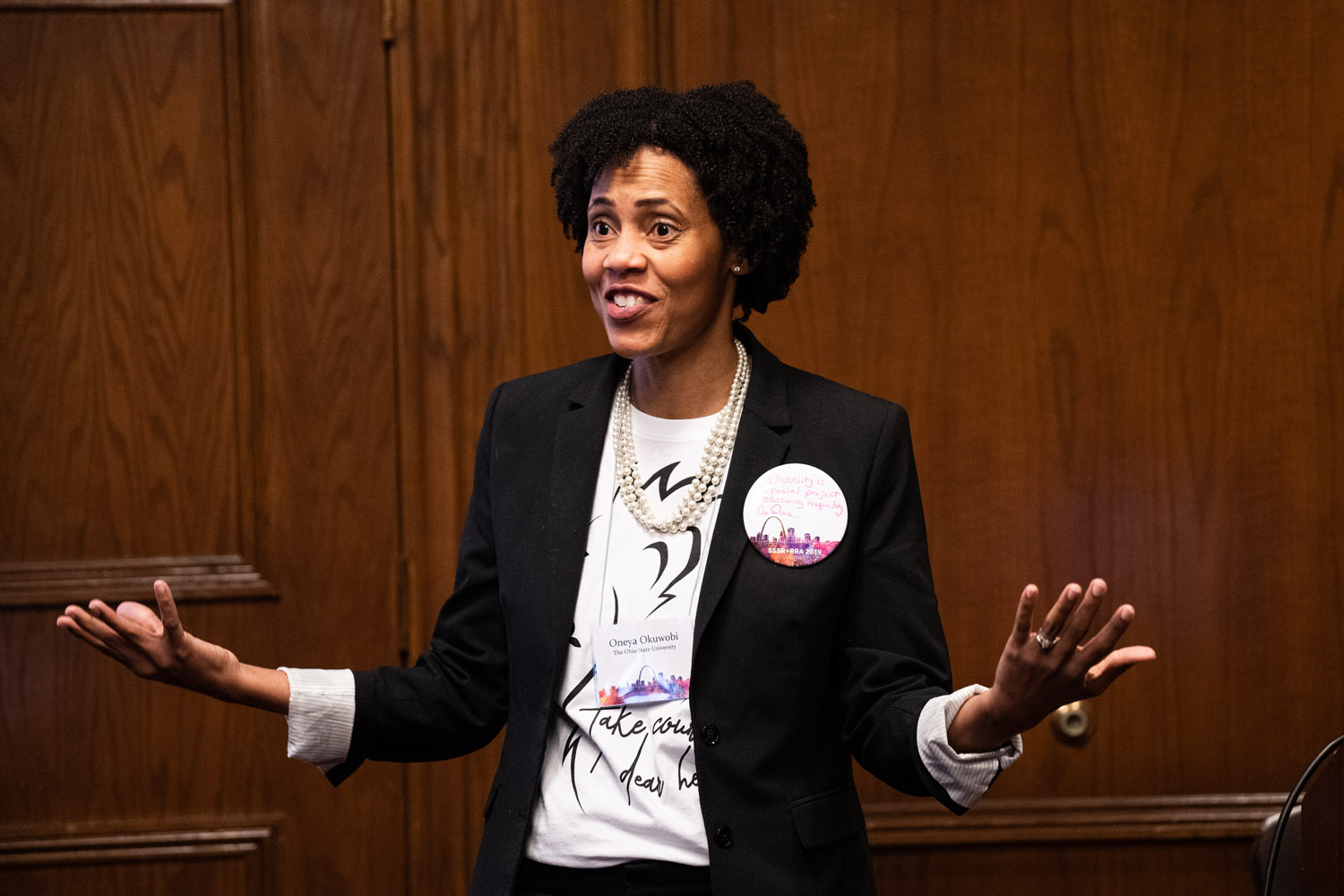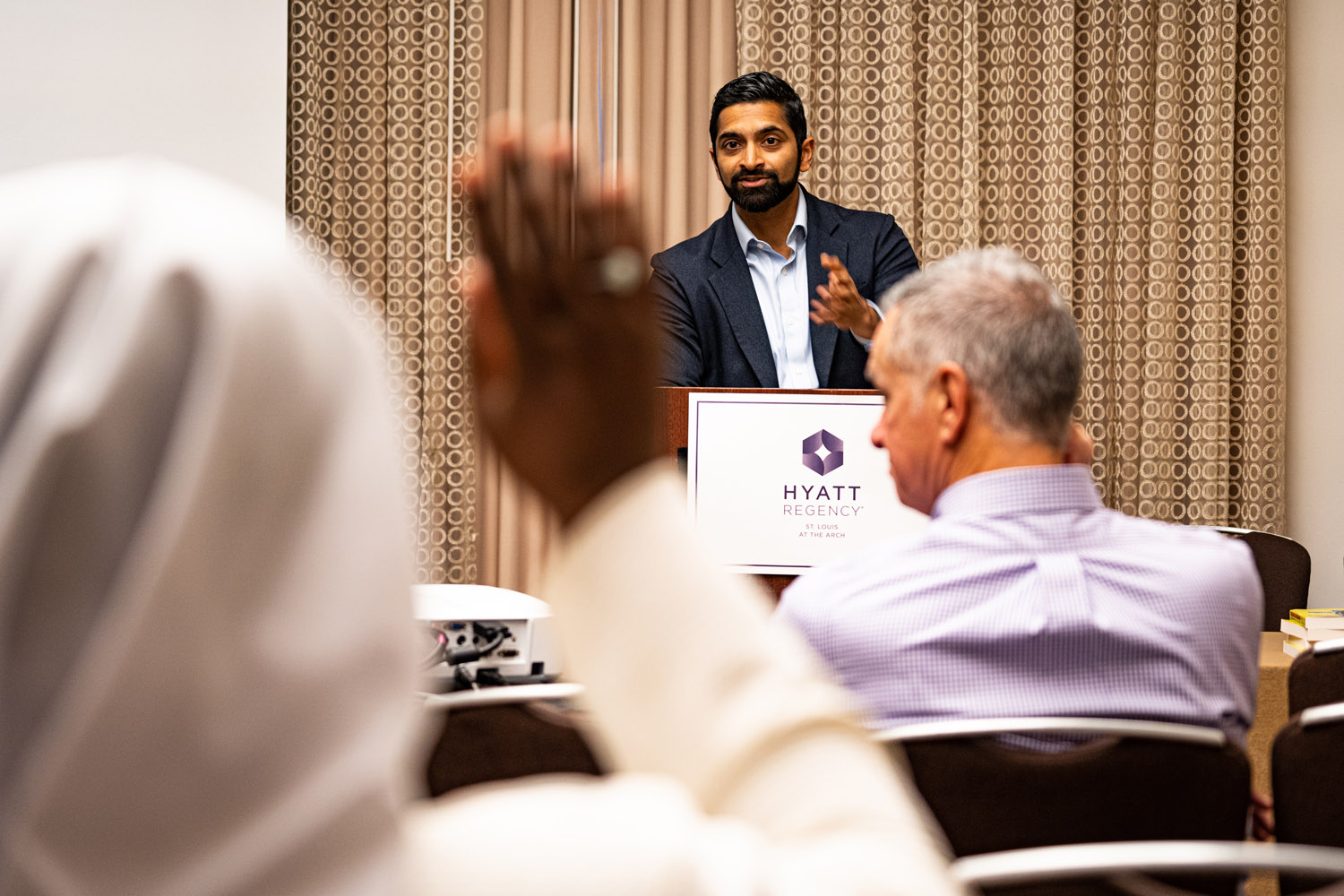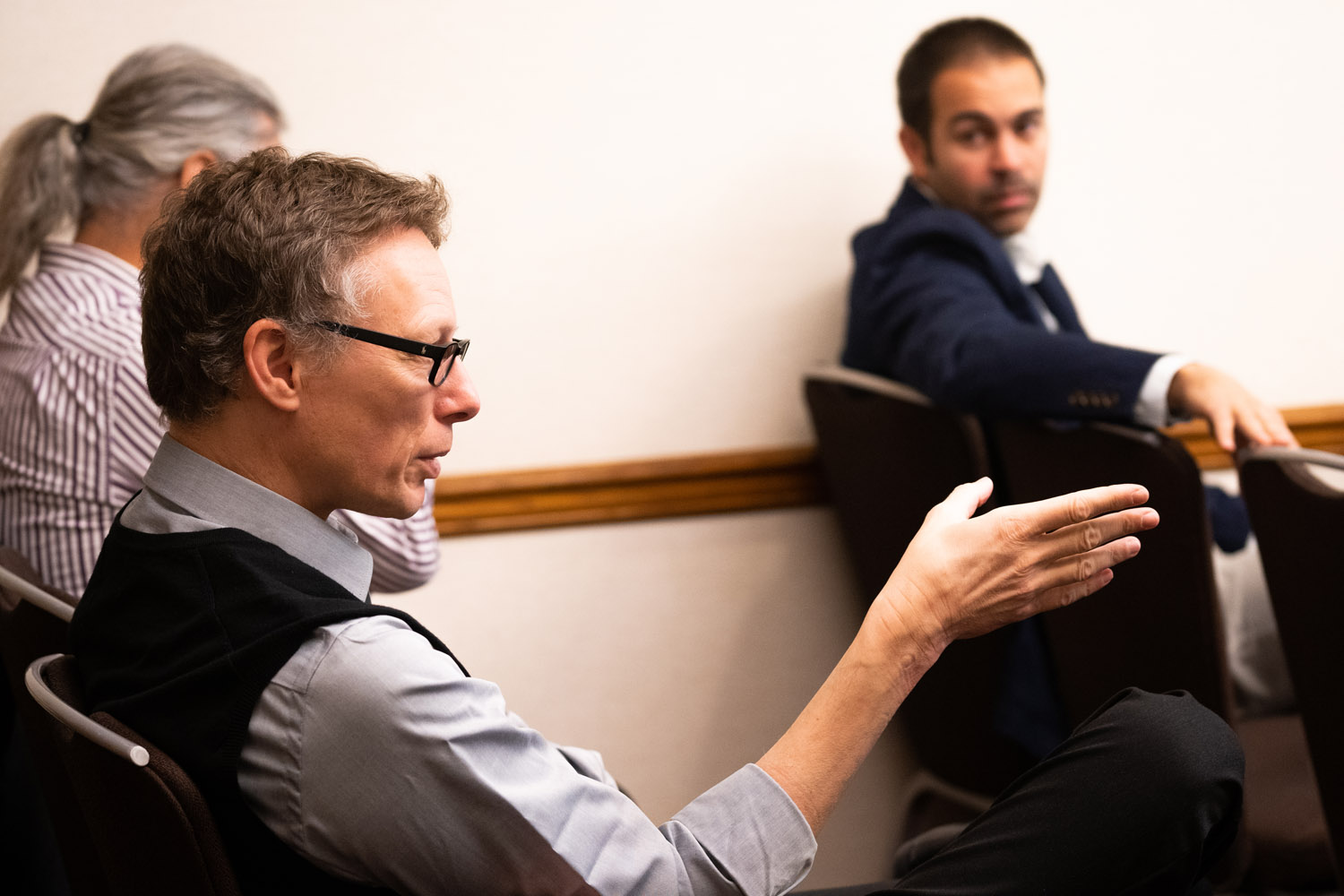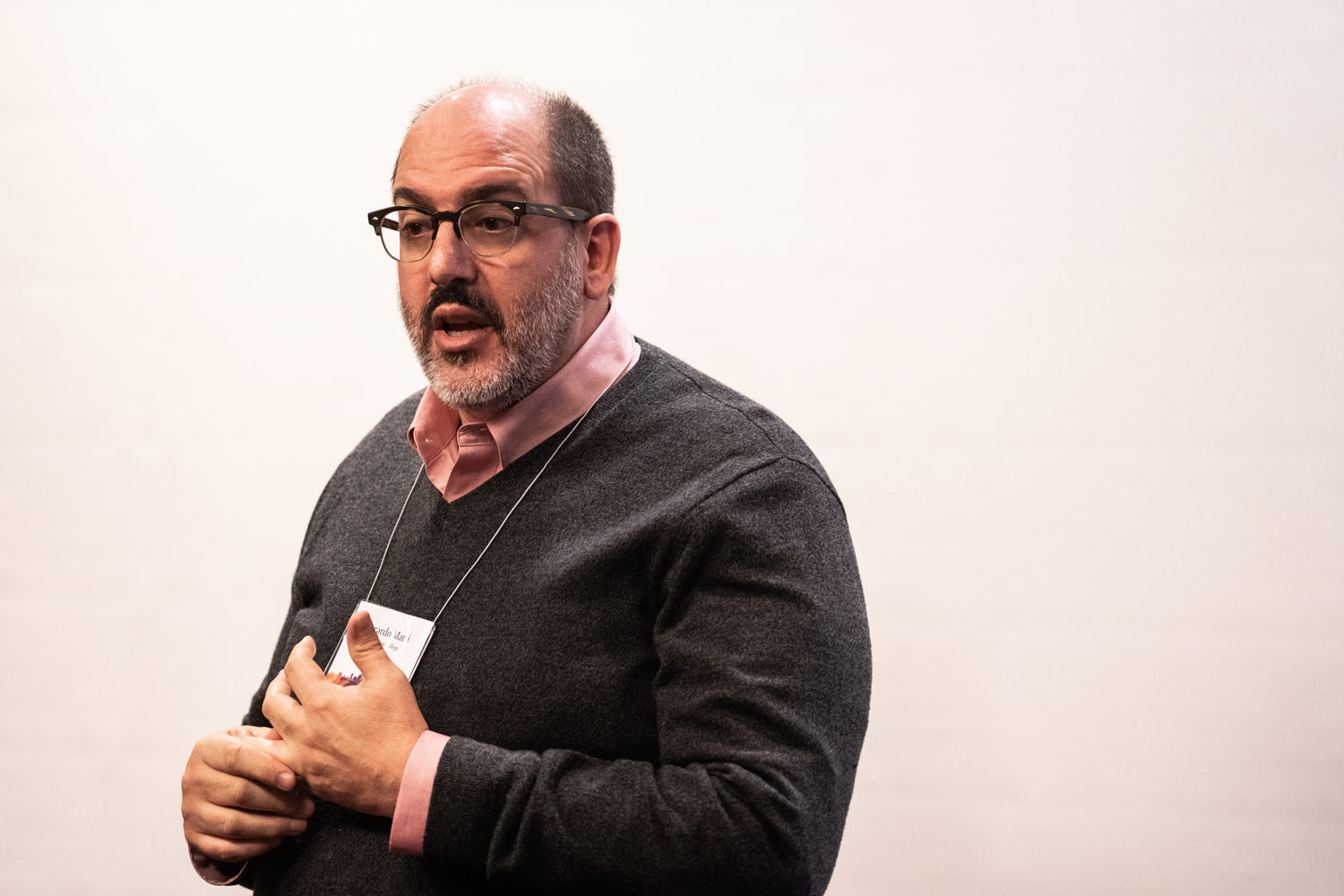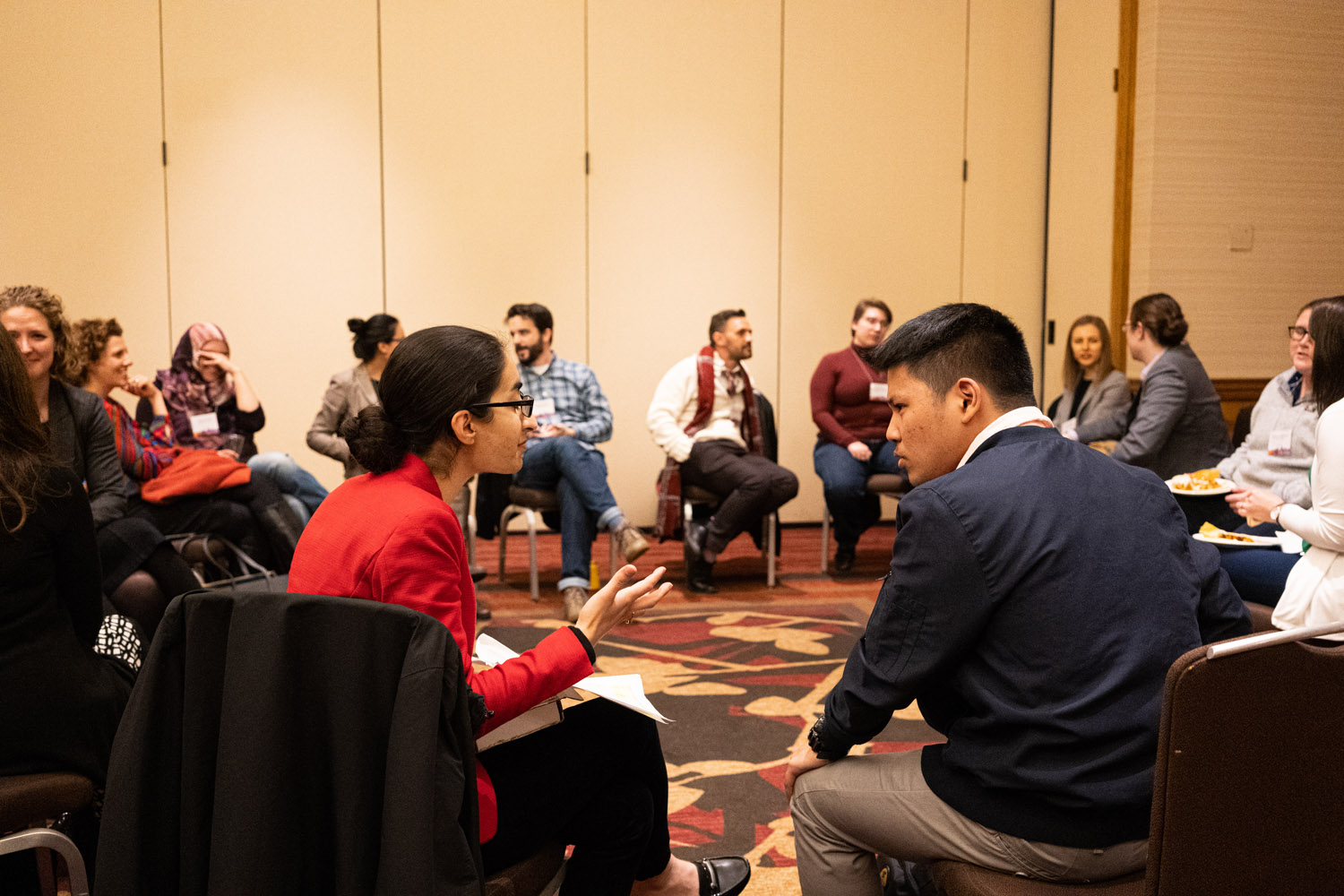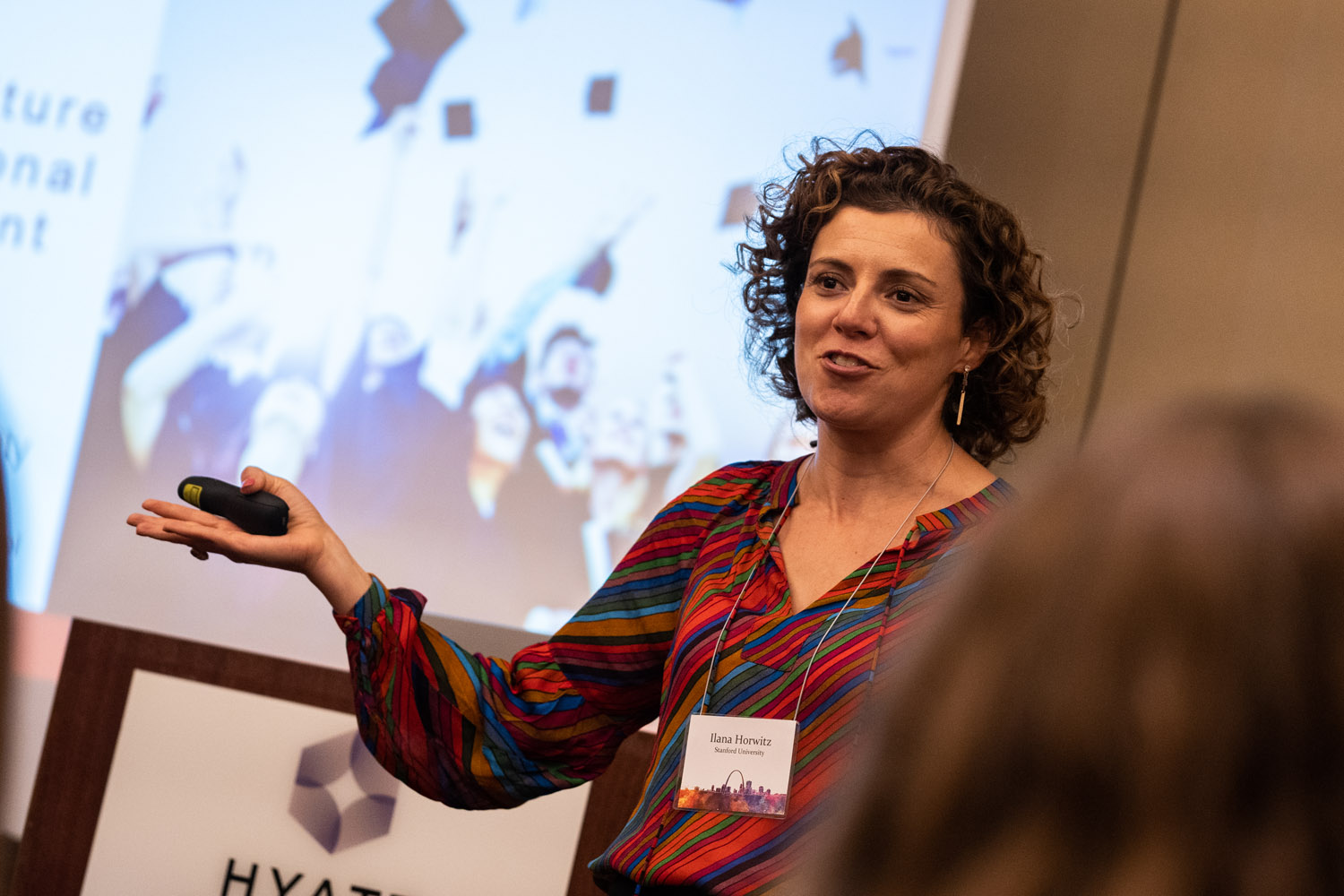Announcements
Call for proposals for Pew-Templeton Global Religious Futures data reuse
To encourage reuse of our data, Pew Research Center, with support from the John Templeton Foundation, invites researchers to submit proposals for new research publications that use recent Pew-Templeton Global Religious Futures datasets.
Fourth World Conference for Religious Dialogue and Cooperation on the topic: Religion as a Weapon of War: in the past, present and future
Following the exceptional scientific and organizational success of the First and Second European Conference for Religious Dialogue and Cooperation, as well as the First, Second and Third World Conference for Religious Dialogue and Cooperation (under the auspices of the Ministry of Culture and Tourism), the Center for Intercultural Studies and Research at the Faculty of Philosophy in Skopje plans to organize the Fourth World Conference for Religious Dialogue and Cooperation on the topic: Religion as a Weapon of War: in the past, present and future (under the auspices of the Ministry of Culture and Tourism). This conference will be attended by eminent professors and researchers in the field of religion and culture, who will be representatives of the largest number of countries from all continents in the world. At the Conference, we will bring together eminent and talented professors and researchers with expertise in religious studies, sociology of religion, sociology of culture, theology, philosophy of religion, history of religion, psychology of religion, anthropology of religion and other scientific fields, to present the results of research projects that have a great impact in scientific circles around the world; we will enable the exchange of knowledge with religious dignitaries from around the world to present their views in the interdisciplinary, interfaith debate on the connection between religion and war; we will promote the innovative use of digital tools and new technologies to maximize the impact of research; we will involve the general public, policymakers and religious communities in finding solutions to these challenges.
Call to contribute to a new grant on new religions
We are currently recruiting 200 scholars of new religions to complete a large poll called the "New Religiosity Poll" (NRP). Funding is provided through a Templeton Foundation grant.
